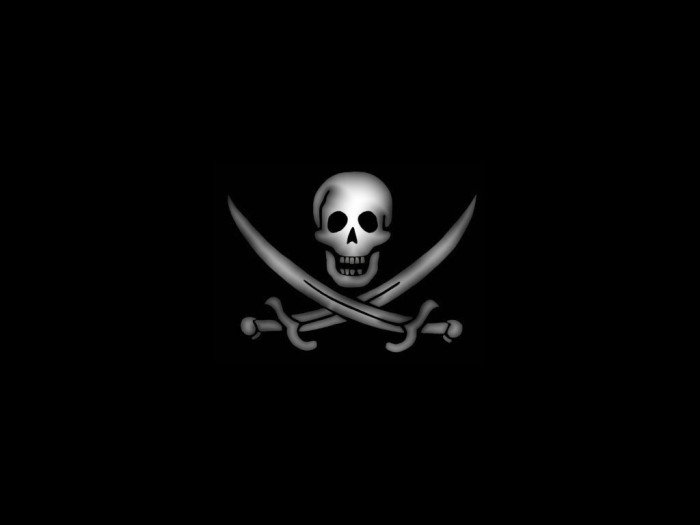
Publishers looooove to complain about piracy, and how it’s going to destroy the very foundation of bookselling. That’s why they say we need digital rights management, and why there are an ongoing cat and mouse game between content providers and enterprising users finding ways to strip out the DRM and truly own their ebooks.
So is the threat of piracy that real? Is a bookstore version of Napster brewing in a dorm room right now, just waiting to ensnare your Kindle in its web? Well, there might be, but apparently, the vast majority of individual titles being downloaded over peer-to-peer is not going to keep HarperCollins from paying the electric bill.
According to GalleyCat, ebook pirates have an interesting reading list. Photoshop, math help, social skills, and guides to sexuality. Perhaps the progression went “Photoshop girl. Realize the aspect ratio was all wrong, recalculate using math. Determine Weird Science is not going to happen, no matter how many ways you hook up your MacBook to your scanner. Proceed to learn how to meet and please girls.”
All joking aside, this gives an interesting snapshot of individual titles but not of bundles or series, as Teleread points out. I disagree with Teleread’s point that this means we don’t get a pulse on piracy from this. Yes, you can download a big file of ebooks from Pirate Bay, but it’s a huge leap to assume that every person looking for a hot new book is downloading it as part of a bigger bundle. All kidding aside about the content of GalleyCat’s list, I think it reflects something very different: People pirate books that they would normally get from the library. The books are mostly reference materials, ones that you need once or twice to answer a question. If you only need it for one project or one homework assignment, or because you’re too embarrassed to ask about the sex books at your local B&N, you’re also not hopping online to buy the ebook.
If public library ebook programs were more developed, easier to use, and more user-friendly, there might be a difference in the makeup of the top pirated titles. But since it’s unlikely we’ll see those improve so fast, then people are going to continue to shop online for a book they’d normally borrow, rather than spend the money to buy and use it once. It may not be ethical or right, but it’s the internet filling a hole, for better or worse.
I don’t mean to be dismissive of piracy, but I have yet to see any proof beyond fear, uncertainty and doubt behind the piracy argument. So far, the top individual titles pirated seems to corroborate that. The fact that Harry Potter, possibly the most-requested ebook title, isn’t #1 on the Pirate Bay list should be a sign right there that piracy isn’t anywhere close to critical mass!